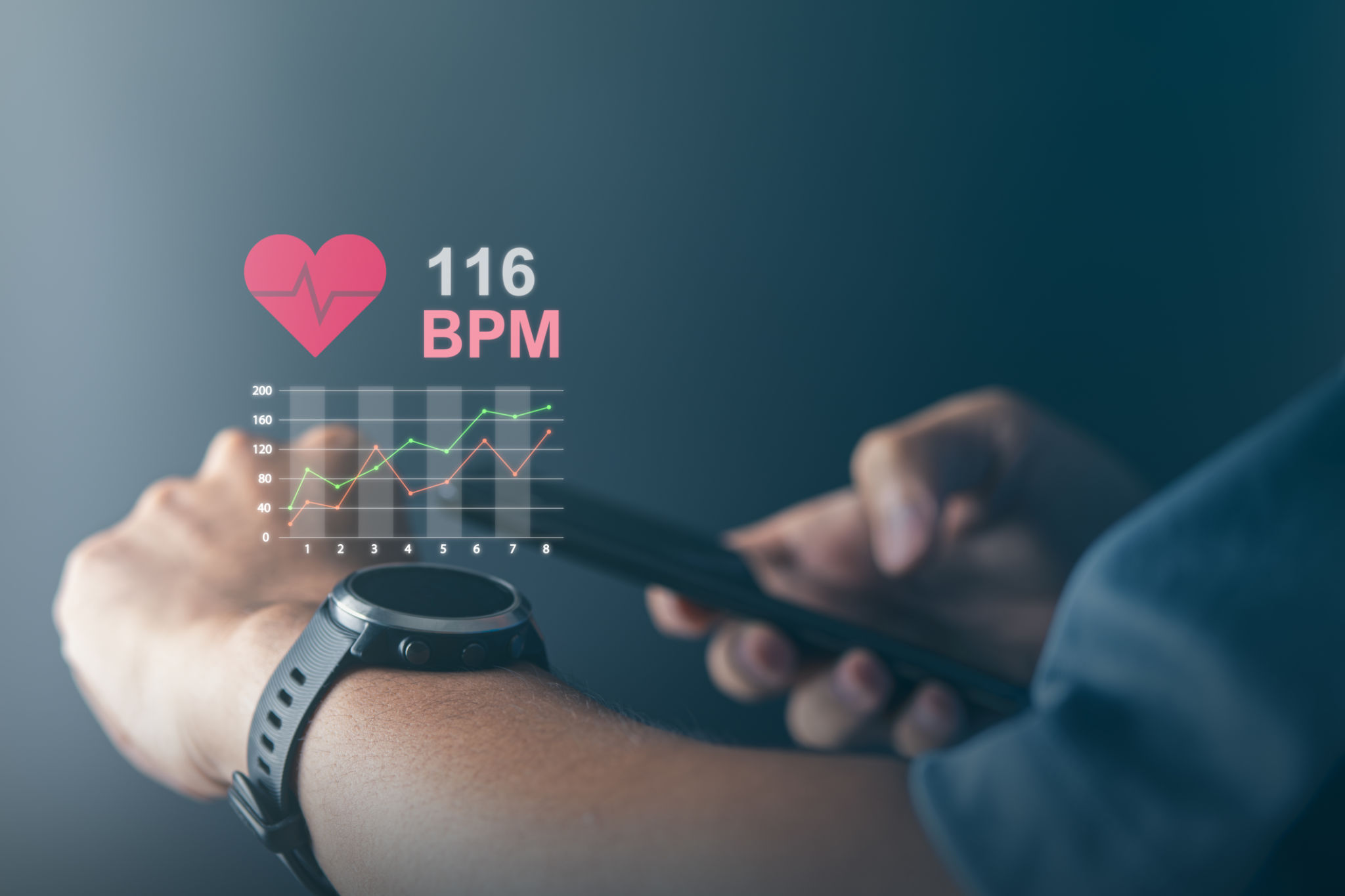The Future of Medtech: AI-Powered Heart Monitoring in the USA
Introduction to AI-Powered Heart Monitoring
The integration of Artificial Intelligence (AI) in medical technology, particularly in heart monitoring, marks a revolutionary shift in healthcare. In the United States, where heart disease remains a leading cause of death, AI-powered heart monitoring offers a promising solution to enhance early diagnosis, patient management, and overall treatment outcomes.
AI technologies are transforming traditional approaches to heart health by providing more accurate and efficient monitoring systems. These advancements are not just theoretical; they are actively reshaping how healthcare is delivered across the nation.

How AI Enhances Heart Monitoring
AI algorithms have the capability to analyze vast amounts of data from heart monitoring devices more accurately than humans. By interpreting complex patterns in real-time, AI can detect anomalies that might be missed by conventional methods. This precision is crucial in preventing critical events such as heart attacks and strokes.
Moreover, AI-powered systems can continuously learn and adapt from new data, improving their predictive capabilities over time. This means that as more patient data is collected, these systems become even more effective in identifying potential health risks.
The Role of Wearable Technology
Wearable devices have become increasingly popular tools in heart monitoring. Equipped with AI, these devices offer continuous monitoring and data collection, providing patients and healthcare providers with immediate insights into cardiac health.

These wearables are designed to be user-friendly and non-invasive, encouraging consistent use. They allow for better patient engagement, as individuals can actively track their heart health and make informed decisions about lifestyle changes or when to seek medical advice.
Benefits for Healthcare Providers
AI-powered heart monitoring systems also benefit healthcare providers by streamlining workflows and reducing the burden of manual data analysis. This technology enables physicians to focus more on patient care rather than administrative tasks.
Furthermore, AI systems can alert healthcare professionals to potential issues before they become critical, allowing for timely interventions. This proactive approach not only improves patient outcomes but also reduces hospital readmissions and associated healthcare costs.

Challenges and Considerations
Despite its potential, the adoption of AI in heart monitoring comes with challenges. Concerns about data privacy and security are significant, particularly with sensitive health information. Ensuring compliance with regulations like the Health Insurance Portability and Accountability Act (HIPAA) is essential.
Additionally, there is a need for standardized protocols to ensure the accuracy and reliability of AI-based systems. Collaboration between tech developers, healthcare providers, and regulatory bodies is crucial to address these issues effectively.
The Future Outlook
The future of AI-powered heart monitoring in the USA looks promising as technology continues to advance. With ongoing research and development, we can expect even more sophisticated and accessible solutions to emerge.
The goal is to create a healthcare ecosystem where AI not only enhances diagnosis and treatment but also empowers patients to take control of their heart health. As these technologies become more integrated into everyday healthcare practices, they hold the potential to significantly improve public health outcomes across the country.

